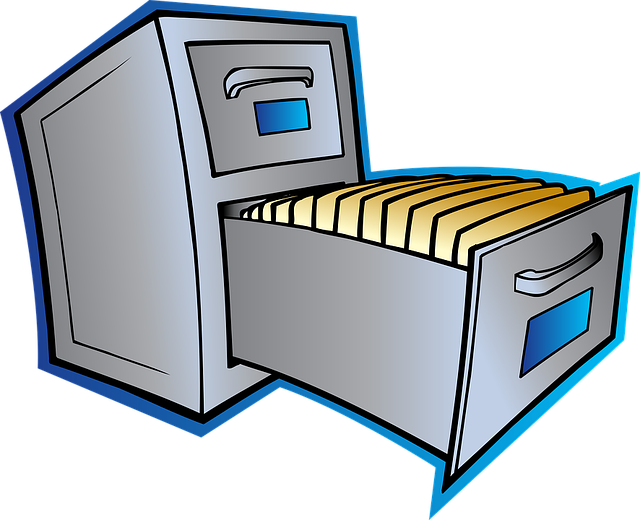Is It Time to Switch to Flash Storage?
June 21st, 2016 by admin

More and more businesses are switching their storage solutions from hard disk drives (HDDs) to solid state drives (SSDs) for one simple reason: the appeal of faster loading times and increased productivity. However, HDDs can still be the better choice in cases where maximum capacity is more important than performance. Your local managed service provider can help your company determine whether making the switch is worth your while.
Changes in the Market
All the performance boosts in the world won’t matter if the device is prohibitively expensive.
However, SSD prices are quickly falling while HDD prices remain stagnant, making flash storage an increasingly attractive option.
In 2012, SSD storage cost about ten times as much as HDD storage for the same capacity. According to a PC World, the price difference has decreased to four times the cost in 2016, with projections narrowing the gap to three times by 2017. Price-parity could occur between 2017 and 2019.
SSD: Performance, Durability, and Physical Space
Most of the excitement around SSD storage comes from its ability to access data at speeds of up to 100 times faster than HDDs. In addition to faster access, SSDs do not need to move a read/write head around while reading and writing data, so seek times become negligible. This is helpful when working with a massive amount of smaller files, as well as with larger, fragmented files. SSDs are a more durable solution, ideal for devices that move around because they have no moving parts.
HDD: Affordable Capacity and Rewriting
HDDs currently offer the most possible storage space for the lowest possible cost. While HDDs have longer load times than SSDs, comparative performance losses can be minimal, especially in workflows where the storage device is rarely accessed. Flash SSDs aren't built to handle constant re-writes over the same space thousands of times like HDDs. So HDDs will last longer if your business works with large amounts of data that is constantly overwritten.
Recommendations
Ultimately, your IT consulting firm will make different recommendations depending on the types of devices in use and how those devices are used. When it comes to laptops, the extra investment in an SSD is almost always worth it, especially if the employees are unlikely to use the extra storage space afforded by an HDD of similar cost. Thirty percent of shipped laptops come equipped with an SSD.
With desktop computers, it comes down to the need for a performance boost. If employees aren’t working with a lot of locally stored data on their desktop systems, SSDs afford an impressive performance boost, and the lost storage capacity will go unnoticed. However, HDDs may still win out when it comes to server-based storage. While servers running high-demand applications will see substantial performance boosts when switching to SSDs, the cost difference can still be a hurdle. HDDs still dominate in cases where performance isn’t an issue, as with cold storage.
MSPs are a great asset for determining your company’s optimal data storage solutions. HDDs still have a place in the business environment—but given the current trends, they could be obsolete within a decade.
Posted in: Solutions

